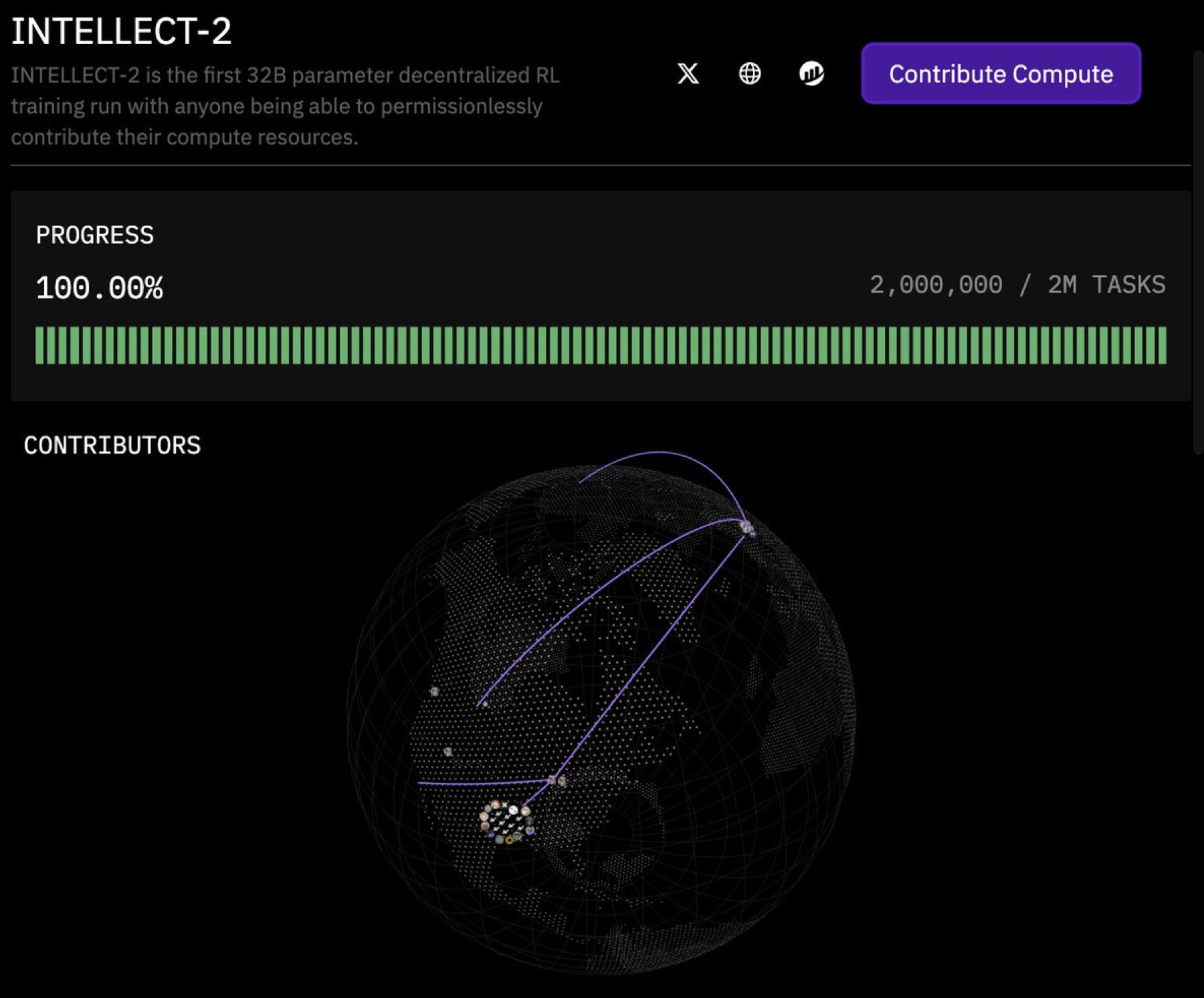Archives
Welcome to our archives! Here you’ll find all our previous posts about Generative AI, excluding the most recent ones that are featured on the homepage.
A Survey of AI Agent Protocols: Framework and Future
A recent research paper from Shanghai Jiao Tong University and the ANP Community provides the first comprehensive analysis of existing agent protocols, offering a systematic two-dimensional classification that distinguishes between context-oriented versus inter-agent protocols and general-purpose versus domain-specific protocols.
The paper highlights a critical issue in the rapidly evolving landscape of LLM agents: the lack of standardized protocols for communication with external tools or data sources. This standardization gap makes it difficult for agents to work together effectively or scale across complex tasks, ultimately limiting their potential for tackling real-world problems.
Failure Modes of AI Agents: Effects
Rubén Fernández (@rub) recently shared insights on a Microsoft paper about AI Agent failure modes, concerned it might not get the attention it deserves. You can find his original note here: https://substack.com/@thelearningrub/note/c-113284290
He mentioned:
I liked Microsoft’s paper about Failure Modes of AI Agents, but I think it will go unnoticed by most people, so I’ll prepare small infographics to showcase the information it contains.
The first one, some Effects of AI Agents’ failure
Gemini Context Caching Explained
Context caching in Gemini allows you to store and pre-compute context, such as documents or even entire code repositories. This cached context can then be reused in subsequent requests, leading to significant cost savings – potentially up to 75%.
For example, using Gemini 1.5 Pro, caching a full GitHub repository and then asking follow-up questions about it demonstrates this capability. Each subsequent request utilizing the same cache could cost substantially less ($0.31 vs. $1.25 per 1 million tokens, according to the tweet).
Intellect-2: First Decentralized 32B RL Training Complete
Prime Intellect (@PrimeIntellect) announced the completion of INTELLECT-2, the first decentralized Reinforcement Learning (RL) training run for a 32-billion-parameter model.

Key Points:
- Milestone: This marks the first successful decentralized RL training of a 32B model.
- Open Collaboration: The training was open to compute contributions from anyone, making it fully permissionless.
- Goal: The project aims to scale towards frontier reasoning capabilities in areas like coding, math, and science.
- Upcoming Release: A full open-source release, including model checkpoints, training data, and a detailed technical report, is expected approximately one week after the announcement (made around late August 2024).
- Community Effort: The announcement highlighted the significant contributions from various compute providers, including Demetercompute, string, BioProtocol, mev_pete, plaintext_cap, skre_0, oldmankotaro, plabs, ibuyrugs, 0xfr, marloXBT, herb0x_, mo, toptickcrypto, cannopo, samsja19, jackminong, and primeprimeint1234.
Links: